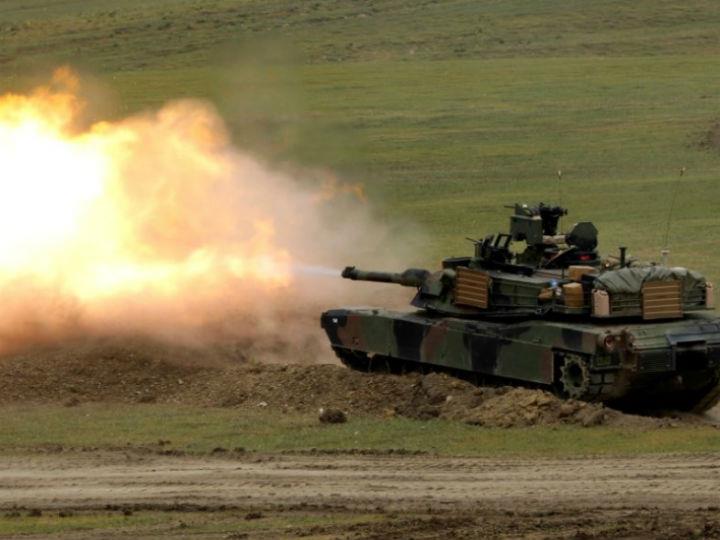by Frank Vogl and Stephan Richter*
One of the world’s gravest long-term security risks may involve the transfer of know-how related to sophisticated weapons systems to the Saudis and the UAE.
U.S. in driver’s seat
For all the shenanigans by other nations, this is a business which has the United States very much in the driver’s seat.
Lockheed Martin (the world’s largest arms exporter), Boeing, and Raytheon are among the leading U.S. companies approved by the U.S. government to export equipment and knowledge to enable the Saudis to build their domestic arms manufacturing capacity.
As these buyers develop their own factories, so they will not only become less dependent on the United States, but they will also be able to export weapons to anyone they like.
Saudi and UAE arms factories
The U.S. Congressional Research Service noted in a 2017 report that the UAE established the Emirates Defense Industries Company (EDIC) in 2014.
It has signed contracts with?foreign customers, including Algeria, Russia, Kuwait, Libya, and Saudi Arabia. For example, UAE equipment, including locally made armored vehicles, assault rifles, and personnel carriers, has?figured prominently in the Saudi-led?coalition’s war in Yemen.
As scholar Jodi Vittori lays out in her new landmark report for Transparency International (A Mutual Extortion Racket: The Military Industrial Complex and US Foreign Policy – The Cases of Saudi Arabia & UAE):
In May 2017, Deputy Crown Prince Mohammad bin Salman announced the creation of the Saudi Arabian Military Industries (SAMI) company, designed to manufacture various missiles, weapons and electronics systems based on U.S. designs. SAMI is important for MBS’s goal of seeing half of overall domestic military spending be domestic by 2030.
In a way, what’s happening here is eerily reminiscent of the U.S approach to commerce with China. In the effort to gain (or maintain) market share, U.S. corporations in the past have proven all too willing to transfer high technology to the Chinese.
Nobody can be seriously surprised that the Chinese used that know-how — partially transferred, partially stolen — to seek and replace U.S. firms not only in the Chinese market, but in markets around the globe.
What one must be surprised by is how naively and irresponsibly the U.S. government is now repeating that same mistake. The only motivation seems to be the desire to sell more and more U.S. arms.
Geopolitical idiocy
hat such an approach is completely irresponsible in a geopolitical context should be clear to everyone. It used to be said that the last thing the Middle East needs is more weapons.
What the Middle East needs even less is its own arms production facilities. While Western arms sales/transfer regimes are already full of holes, this “localizing” approach would make the idea of arms control obsolete.
There is bound to be an even merrier bazaar of local producers selling arms to their “friends.”
Conclusion
At a time when all of Washington, on a rare bipartisan basis, is so concerned with China having stolen intellectual property from the United States, the very idea of major U.S. manufacturers transferring arms production facilities to the Middle East is just about the last thing the world needs.
Count on Washington and the United States only to wake up to that reality in customary fashion – when it is too late.
*co-founder of Transparency International and author of Waging War on Corruption: Inside the Movement Fighting the Abuse of Power and publisher and editor-in-chief of The Globalist
**first published in: www.theglobalist.com




 By: N. Peter Kramer
By: N. Peter Kramer
